
Kuala Lumpur: Malaysia is firmly on track to building a more progressive and equitable labour market.
2025 marks the implementation of two key initiatives – the new Minimum Wage Order (MWO) and the Progressive Wage Policy (PWP) – aimed at strengthening workers’ rights, boosting labour productivity and fostering a more inclusive and sustainable national economy.
Progressive wages
The MWO came into effect on Feb 1 for employers with five or more employees, as well as for employers in the professional sector regardless of employee count.
“For employers with fewer than five employees, the effective date is Aug 1, a move that will ensure workers receive a minimum basic wage of RM1,700 per month, in line with the rising cost of living,” says Human Resources Minister Steven Sim recently.
“The government introduced PWP as a comprehensive, long-term measure that takes a productivity-based approach. It links wage growth to skills development and employee contributions,” he continues.
Formally implemented in January this year, the policy follows a pilot phase held between June and August last year. This shows a shift in strategy during the 12th Malaysia Plan Mid-Term Review, to raise wages and ensure a balanced income distribution.
Opportunity in both ways
The PWP is guided by three main principles: voluntary participation, incentive-based structure and a strong link to productivity.
Registered local companies will receive monthly cash incentives up to RM300 per employee once registered until December 2027, depending on the employee category and wage increment achieved. Entry-level workers will receive a maximum incentive of RM200 per month.
If the wage gap between the employee’s current salary and the entry-level wage specified in the PWP Implementation Guideline exceeds RM200 per month, employers must raise wages by at least RM200. If the gap is less than RM200, the wage increase must be aligned with the guideline’s recommendation.
Non-entry level employees can fetch incentives up to RM300, based on their annual wage increment achieved. Employers must meet minimum 21 hours per year training requirements as one of the prerequisites for PWP incentive claims.
However, 21 hours training that were not completed in 2025 can carry forward until December 2026. This allows employees to complete a minimum of 42 hours in 2026, or have undergone Recognition of Prior Achievement (RPA).
In 2027, employees should have a minimum of 21 hours, or completion of RPA, which allows them to upskill and become more competitive. Employers will benefit from a more capable and productive workforce.
Strategic investment
“PWP represents a smart long-term investment for employers. Besides the financial incentives, it helps companies boost operational efficiency by building a more skilled and motivated workforce,” explains Sim.
Participating companies will also be recognised as Progressive Wage Employers – a status that enhances the organisation’s credibility and reputation among clients, employees and industry peers.
“This will be vital for local businesses and micro, small and medium enterprises (MSMEs), which make up 97% of the country’s industrial landscape, Through PWP, these businesses can strengthen their competitiveness while contributing to a more resilient and sustainable labour market,” he elaborates.
Contributing to nation’s growth
In the macroeconomic viewpoint, PWP is expected to contribute significantly to national growth. Higher household incomes will stimulate domestic demand, which supports GDP growth.
A fairer wage structure will attract higher-quality investments and reduce reliance on low-paid foreign labour. With an initial RM200mil allocation under Budget 2025, the PWP aims to benefit 50,000 workers in its initial phase.
This could make Malaysia a high-income nation with the workforce as a key driver of progress, and toward a more progressive wage system.
With fairer wages, the people’s purchasing power increases, companies become more competitive and result in a more balanced, inclusive national economy.
It will elevate Malaysia to the ranks of high-income nations that prioritise dignity, values and quality of life. As of July 2025, a total of 173,325 individuals have registered for the MADANI Workers’ Card, with 147,534 completed applications submitted.
And so far, 11,587 workers have successfully received their digital cards, while the rest are currently undergoing the verification process by their respective unions.
Building the future today
PWP also sends out a clear message that Malaysia’s economic growth must be underpinned by a fair and forward-looking wage system, not just minimum wage compliance or periodic salary adjustments.
“Progressive Wages, Thriving Workers” is a call to value labour, not just as a source of productivity, but as a national asset for advancement.
“PWP is an opportunity for Malaysia to build a fairer work environment where businesses can grow alongside workers, and the economy to be more competitive,” stresses Sim.
“We encourage employers to join PWP, not just a social responsibility move, but a smart business strategy. Employees can also take this chance to embrace the upskilling opportunities provided.
“Only through strong collaboration between the public sector, the private and the workforce can the MADANI aspiration – of a values-based, socially just economy – be fully realised,” he says.
Sim adds that a job that rewards fair wages restores not only income, but dignity and recognition for every worker.

The Star. (2025, July 18). Strengthening workers’ rights, enhancing productivity. The Star. Retrieved from https://www.thestar.com.my/news/nation/2025/07/18/strengthening-workers-rights-enhancing-productivity
- Flextronics Union Busting Case Still Being Discussed Amicably, MOHR
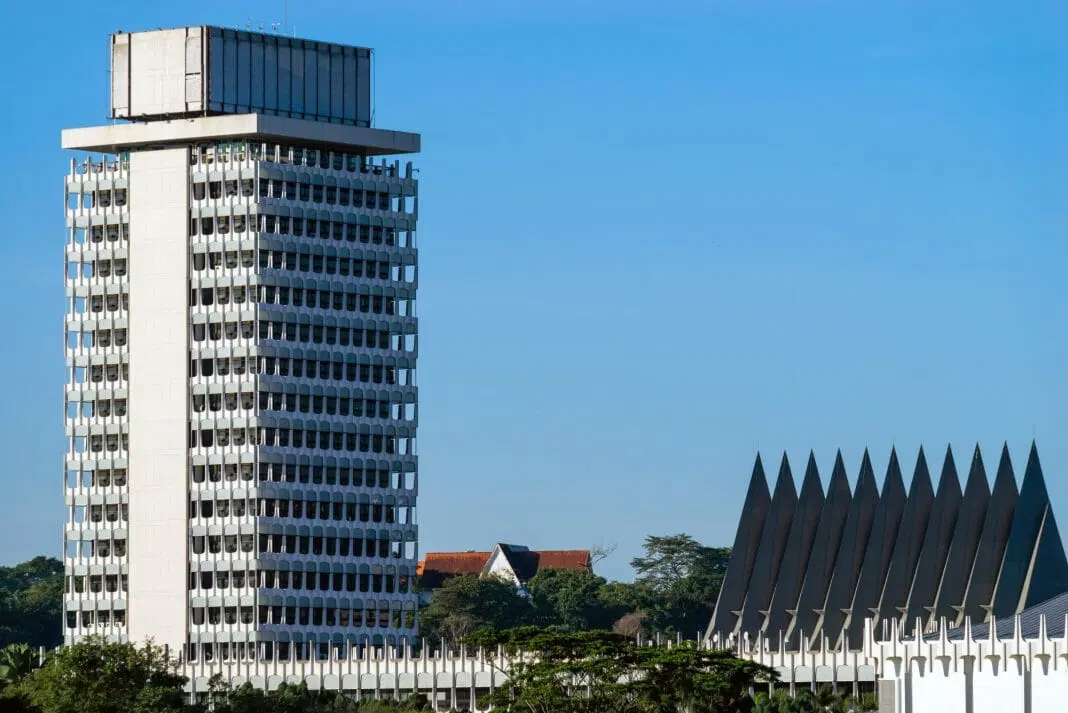 The Ministry of Human Resources (MOHR) confirmed that complaints of alleged union busting involving Flextronics Penang and XSD International Paper are still being addressed through amicable negotiations. In a written reply to Tan Hong Pin (Bakri) during the Dewan Rakyat session today, the ministry stated that the Department of Industrial Relations Malaysia (JPPM) has received […]
The Ministry of Human Resources (MOHR) confirmed that complaints of alleged union busting involving Flextronics Penang and XSD International Paper are still being addressed through amicable negotiations. In a written reply to Tan Hong Pin (Bakri) during the Dewan Rakyat session today, the ministry stated that the Department of Industrial Relations Malaysia (JPPM) has received […] - KESUMA bangun platform latihan baharu untuk pekerja
 KUALA LUMPUR: Kementerian Sumber Manusia (KESUMA) sedang membangunkan platform program latihan baharu yang diluluskan pakar industri dan boleh diakses semua lapisan masyarakat. Menteri Sumber Manusia Steven Sim Chee Keong berkata program itu akan memilih dan menghimpunkan kursus kemahiran terbaik yang ditawarkan oleh penyedia latihan dalam dan antarabangsa. “Program pendidikan untuk pekerja kita perlu mengandungi komponen […]
KUALA LUMPUR: Kementerian Sumber Manusia (KESUMA) sedang membangunkan platform program latihan baharu yang diluluskan pakar industri dan boleh diakses semua lapisan masyarakat. Menteri Sumber Manusia Steven Sim Chee Keong berkata program itu akan memilih dan menghimpunkan kursus kemahiran terbaik yang ditawarkan oleh penyedia latihan dalam dan antarabangsa. “Program pendidikan untuk pekerja kita perlu mengandungi komponen […] - NHCCE 2025 concludes three transformative days of empowering the workforce of tomorrow
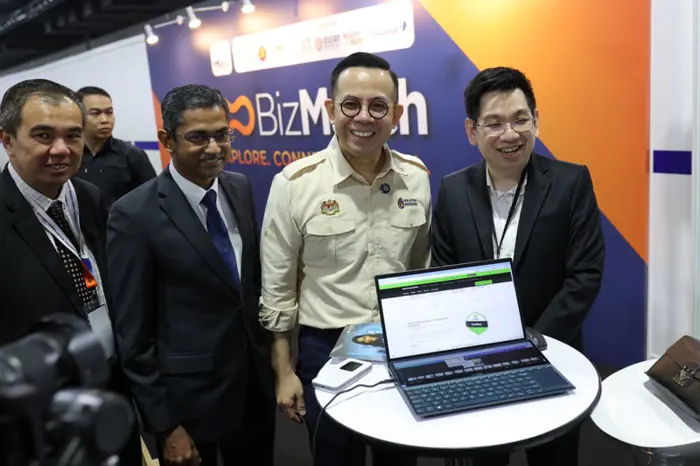 KUALA LUMPUR: The National Human Capital Conference & Exhibition (NHCCE) 2025 has concluded at the Malaysia International Trade and Exhibition Centre (MITEC), marking the end of three impactful days under the theme ‘Navigating the Human Capital Revolution’. The conference reaffirms its position as Malaysia’s premier platform for thought leadership, collaboration and innovation in the field […]
KUALA LUMPUR: The National Human Capital Conference & Exhibition (NHCCE) 2025 has concluded at the Malaysia International Trade and Exhibition Centre (MITEC), marking the end of three impactful days under the theme ‘Navigating the Human Capital Revolution’. The conference reaffirms its position as Malaysia’s premier platform for thought leadership, collaboration and innovation in the field […] - Malaysia’s worker productivity up 2.4pc per worker in 2024 as govt targets fewer foreign labour
 KUALA LUMPUR, Oct 7 — Malaysia’s worker productivity increased by 2.4 per cent in 2024, with value added per worker amounting to RM99,265 compared to RM96,914 in the previous year, according to the Ministry of Investment, Trade and Industry (MITI). Deputy Minister Liew Chin Tong said the rate was calculated based on the value of […]
KUALA LUMPUR, Oct 7 — Malaysia’s worker productivity increased by 2.4 per cent in 2024, with value added per worker amounting to RM99,265 compared to RM96,914 in the previous year, according to the Ministry of Investment, Trade and Industry (MITI). Deputy Minister Liew Chin Tong said the rate was calculated based on the value of […] - 246 aduan Union Busting diterima, KESUMA pastikan hak pekerja terbela
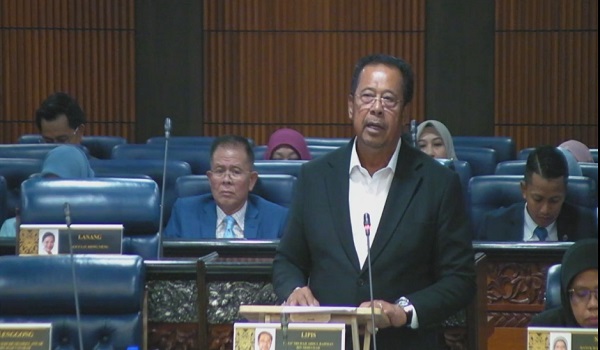 KUALA LUMPUR, 8 Oktober– Hak kebebasan pekerja menubuhkan serta menyertai kesatuan sekerja akan terus dilindungi terutama dari segi penindasan atau amalan union busting. Timbalan Menteri Sumber Manusia, Datuk Seri Abdul Rahman Mohamad berkatasejak tahun 2015 hingga 31 Ogos lepas, sebanyak 246 aduan berkaitan amalan union busting telah diterima oleh Jabatan Perhubungan Perusahaan Malaysia (JPPM). “Berdasarkan […]
KUALA LUMPUR, 8 Oktober– Hak kebebasan pekerja menubuhkan serta menyertai kesatuan sekerja akan terus dilindungi terutama dari segi penindasan atau amalan union busting. Timbalan Menteri Sumber Manusia, Datuk Seri Abdul Rahman Mohamad berkatasejak tahun 2015 hingga 31 Ogos lepas, sebanyak 246 aduan berkaitan amalan union busting telah diterima oleh Jabatan Perhubungan Perusahaan Malaysia (JPPM). “Berdasarkan […] - TVET just got a major upgrade with RM7.9b in Budget 2026 to power Malaysia’s high-tech future
 KUALA LUMPUR, Oct 11 — The increased allocation for Technical and Vocational Education and Training (TVET) to RM7.9 billion under Budget 2026 reflects the government’s strong commitment to nurturing a skilled, high-income and innovative workforce. National TVET Council (MTVET) member Howard Lee Chuan How said the focus on key sectors such as Artificial Intelligence […]
KUALA LUMPUR, Oct 11 — The increased allocation for Technical and Vocational Education and Training (TVET) to RM7.9 billion under Budget 2026 reflects the government’s strong commitment to nurturing a skilled, high-income and innovative workforce. National TVET Council (MTVET) member Howard Lee Chuan How said the focus on key sectors such as Artificial Intelligence […] - Budget 2026 introduces enhanced EPF scheme for gig workers, self-employed to boost savings
 PETALING JAYA: The Employees Provident Fund (EPF) will roll out several initiatives next year to boost retirement savings and social protection, particularly for informal and self-employed workers, under Budget 2026. Prime Minister Datuk Seri Anwar Ibrahim announced that the government will introduce i-Saraan Plus, an enhanced voluntary contribution scheme designed for gig workers, e-hailing drivers […]
PETALING JAYA: The Employees Provident Fund (EPF) will roll out several initiatives next year to boost retirement savings and social protection, particularly for informal and self-employed workers, under Budget 2026. Prime Minister Datuk Seri Anwar Ibrahim announced that the government will introduce i-Saraan Plus, an enhanced voluntary contribution scheme designed for gig workers, e-hailing drivers […] - 2026 Budget: SMEs, microbusinesses to benefit from stamp duty relief, RM1bil digital financing
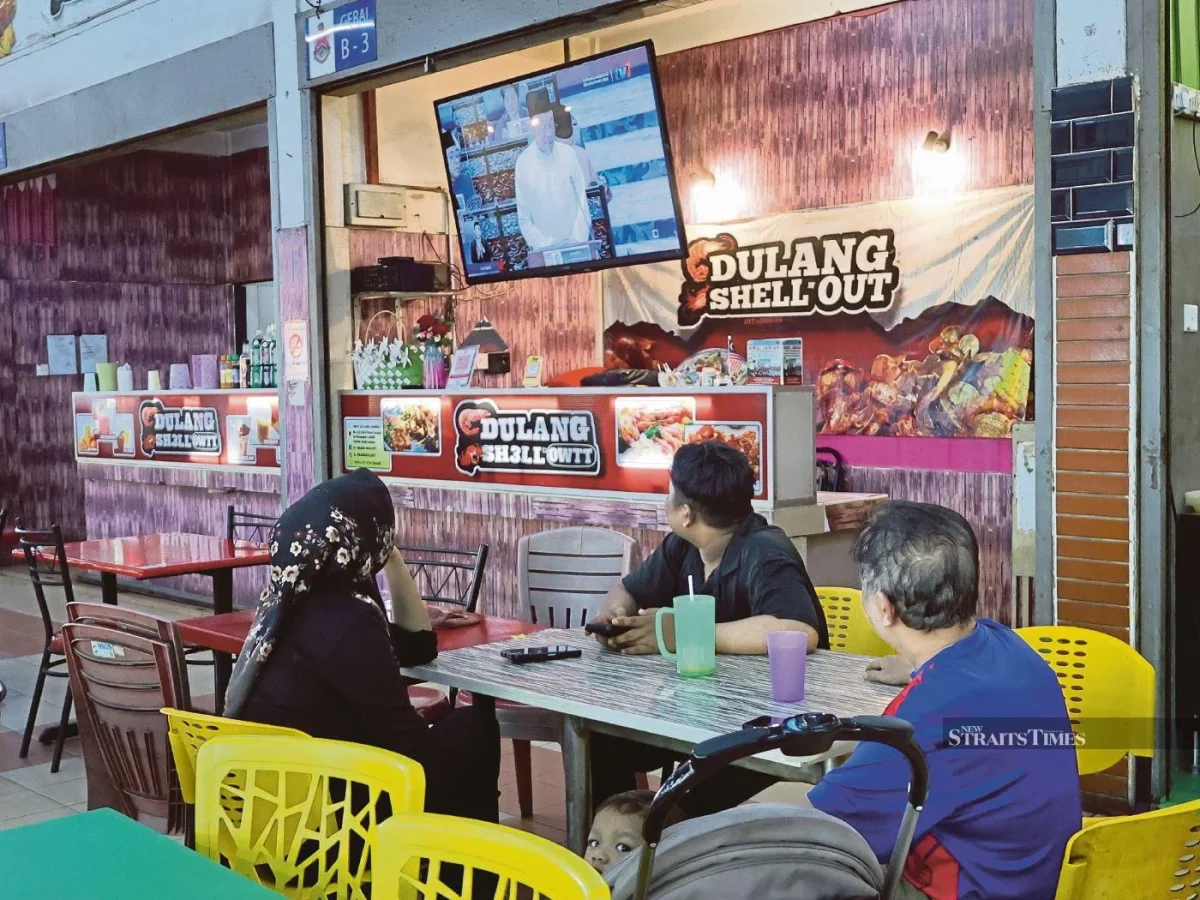 KUALA LUMPUR: The government will raise the salary threshold for employment contracts exempted from stamp duty — from RM300 to RM3,000 per month — effective Jan 1, 2026. The move, announced under the 2026 Budget by Prime Minister Datuk Seri Anwar Ibrahim in Parliament, aims to further ease the cost of doing business by reducing […]
KUALA LUMPUR: The government will raise the salary threshold for employment contracts exempted from stamp duty — from RM300 to RM3,000 per month — effective Jan 1, 2026. The move, announced under the 2026 Budget by Prime Minister Datuk Seri Anwar Ibrahim in Parliament, aims to further ease the cost of doing business by reducing […] - Govt rules out gig firms’ mandatory contributions to Socso, for now
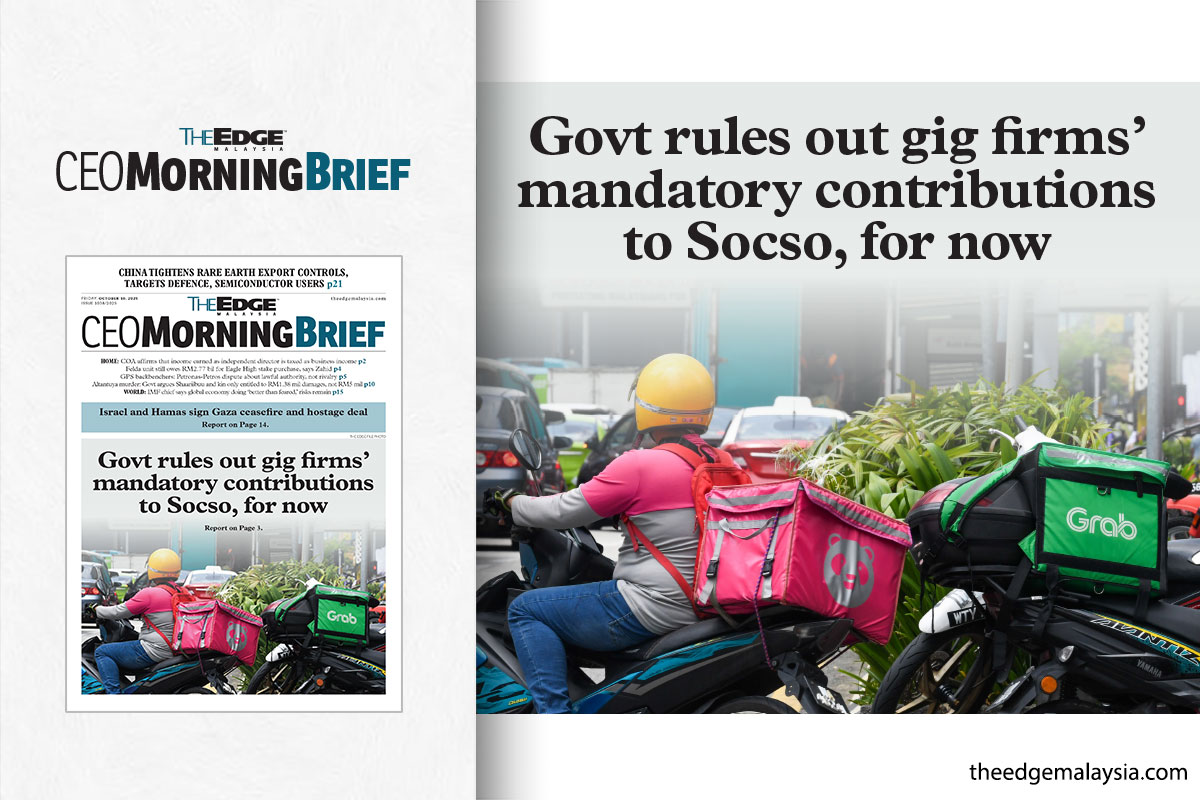 KUALA LUMPUR (Oct 9): Malaysia has no immediate plan to compel gig economy platforms to make mandatory social security contributions though the government will consider the proposal for future policy improvements. The government recognises the need to preserve the flexibility and independence that define gig work, which distinguishes gig workers from conventional full-time employees under […]
KUALA LUMPUR (Oct 9): Malaysia has no immediate plan to compel gig economy platforms to make mandatory social security contributions though the government will consider the proposal for future policy improvements. The government recognises the need to preserve the flexibility and independence that define gig work, which distinguishes gig workers from conventional full-time employees under […] - Fewer than 300 union-busting reports in 10 years, says Human Resource Ministry
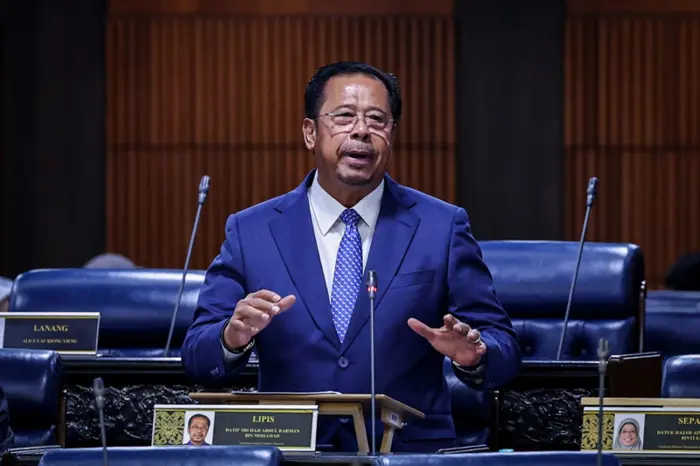 KUALA LUMPUR: The Industrial Relations Department (IRD) reports receiving only 246 complaints of union-busting in the last 10 years. Deputy Human Resources Minister Datuk Seri Abdul Rahman Mohamad said such complaints, received between 2015 and Aug 31 this year, related to union-busting practices or actions by employers that undermine trade union rights. Of the number, […]
KUALA LUMPUR: The Industrial Relations Department (IRD) reports receiving only 246 complaints of union-busting in the last 10 years. Deputy Human Resources Minister Datuk Seri Abdul Rahman Mohamad said such complaints, received between 2015 and Aug 31 this year, related to union-busting practices or actions by employers that undermine trade union rights. Of the number, […]
